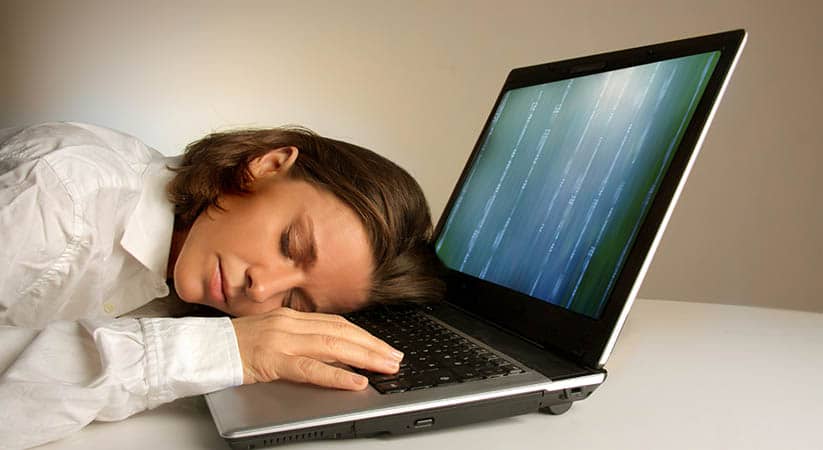Interruption of a person’s breathing during sleep is known as sleep apnea. People with this disease stop breathing many times during the sleep. Reports from sleep center show that it may extent to hundreds of times causing insufficient supply of oxygen to brain and other parts of the body. There are two types of sleep apneas. They are obstructive sleep apnea and Central sleep apnea.
Obstructive sleep apnea
This is the more common form of sleep apnea, in which the obstruction of the airways is caused as a result of the collapse of the soft tissue behind the throat, during sleep.
Central sleep apnea
In this type of sleep apnea, sleep apnea doctor confirms that airway is not blocked. But the brain does not give signals to muscles to carry out necessary actions for breathing. This is caused as a result of the instability of the control center of the respiratory system.
Risk factors
Sleep apnea affects any person without any regard to sex or age. It can even affect children. The risk factors for this disease are detailed below.
- Males are more prone than females
- Obese people are more prone
- People above the age of 40 are more prone
- Men with neck size greater than 17 inches and women with neck size greater than 16 inches are more susceptible to this disease
- People with large tonsils, large tongue, or small jaw bone are more prone to this disease.
- People with family history of this disease are more susceptible
- People with GERD and deviated septum are more prone to this disease.
Effects of sleep apnea
If proper treatment is given in good a sleep center, sleep apnea can result in a lot of complications. Some of them are listed below.
- Stroke
- High blood pressure
- Diabetes
- Heart attack
- Depression
- ADHD
- Headache
Moreover, if sleep apnea is left untreated, it can affect the performance in daily activities like work, study, vehicle crashes, etc. Poor academic performance of some students has links to untreated sleep apnea.
Symptoms
Common symptoms of sleep apnea are listed below.
- Loud snoring
- Waking up with dry throat
- Occasional waking up with gasping sensation
- Lack of energy or drowsiness during day time
- Driving with sleepiness
- Headaches in the morning
- Forgetfulness and mood changes and low interest in sex
- Restless sleep
- Insomnia which is nothing but recurring awakenings
Your sleep apnea doctor Frederick, may ask you to undergo a sleep apnea test for diagnosing its occurrence. This test is known as plysomnogram. This a test in which specific physical activities in your sleep is electronically recorded. After confirming the existence of sleep apnea, you may be asked to undergo further tests to determine the best treatment procedure for your problem.

